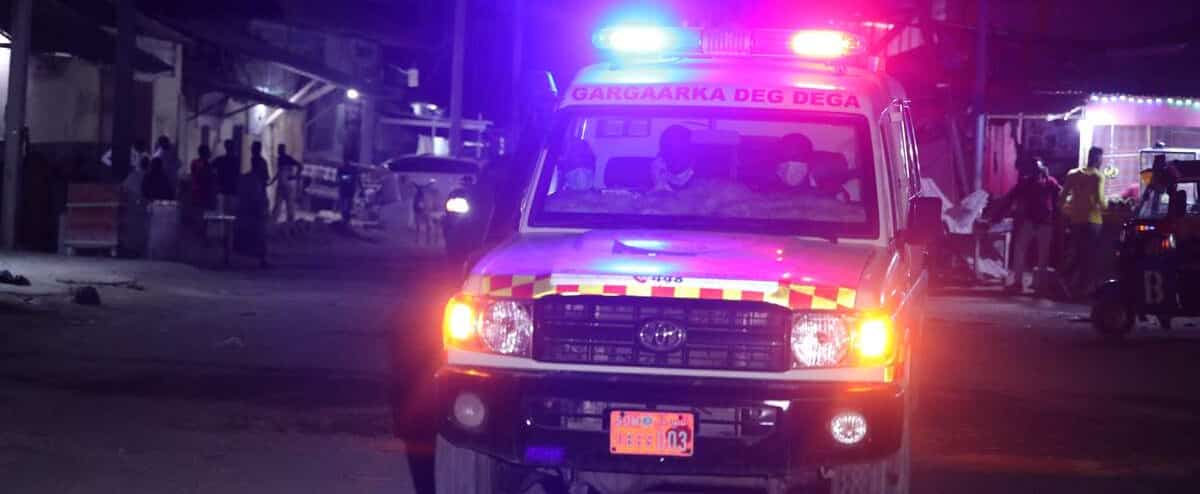A car bomb attack on Thursday near a market in central Somalia killed five people and injured 13 others, police said. It was the latest attack in the beleaguered country in the Horn of Africa. Violence broke out.
• Also read: Somalia: Government calls for a three-month “pause” in the withdrawal of AU troops
The car bomb exploded in Buloburde district of Hiran region. “They killed five civilians and injured thirteen others after the car exploded in the market area,” police officer Abdullahi Hassan told AFP by telephone.
This attack, which was not claimed, came a week after the Somali government admitted it had suffered “several significant setbacks” in its offensive against the radical Islamic Shebab.
The government, backed by the international community, has been fighting the Shebab insurgency for more than 15 years, an al-Qaeda-linked group that says it wants to introduce Islamic law in the country.
The car bombing also comes days after a suicide bombing with an explosives-laden truck in the town of Beledweyne on Saturday that left 21 people dead, dozens injured and scores of buildings destroyed.
On Thursday, Somali security forces said they had foiled two car bombings in the city of Dhusamareeb in the center of the country.
“The two cars were stopped by security forces in front of Dhusomareeb, one soldier was killed and two others were injured,” a local police officer, Mohamed Yare, said in a telephone interview with AFP.
President Hassan Cheikh Mohamoud, elected in May 2022, promised a “total war” against the Shebab.
For more than a year, government troops and local clan militias, supported by the African Union Transitional Mission in Somalia (Atmis) and American airstrikes, have been carrying out a military offensive in the center of the country.
A full withdrawal of Atmis forces is planned by the end of 2024, but this target is being questioned by the Somali government, which is seeking to postpone the planned schedule for the withdrawal of personnel, according to a letter to the United Nations consulted by AFP .
If the military operations made it possible to “liberate towns, villages and key supply routes,” pro-government forces suffered “several significant setbacks” at the end of August, the national security adviser emphasized in a September 19 letter addressed to the UN.

